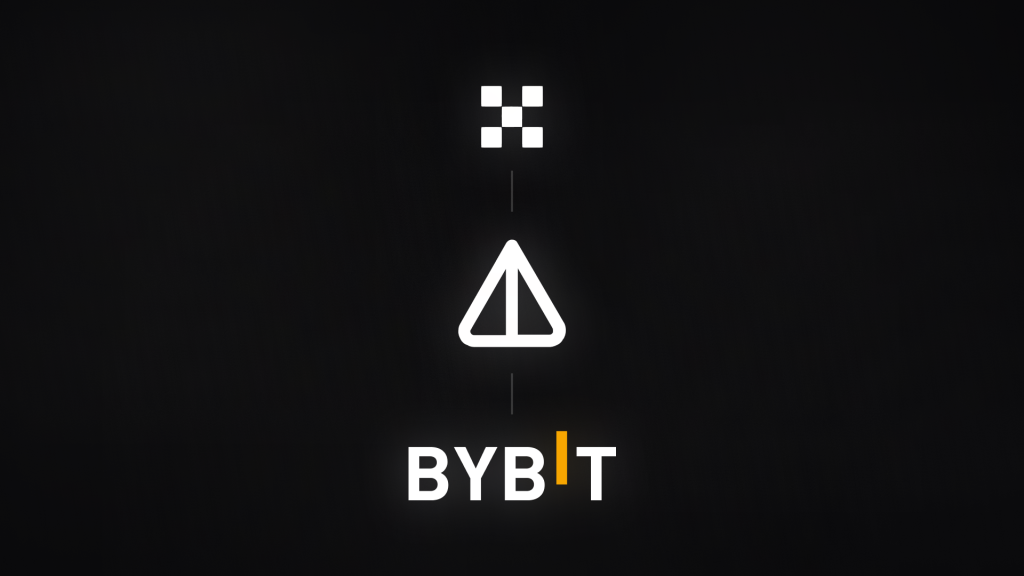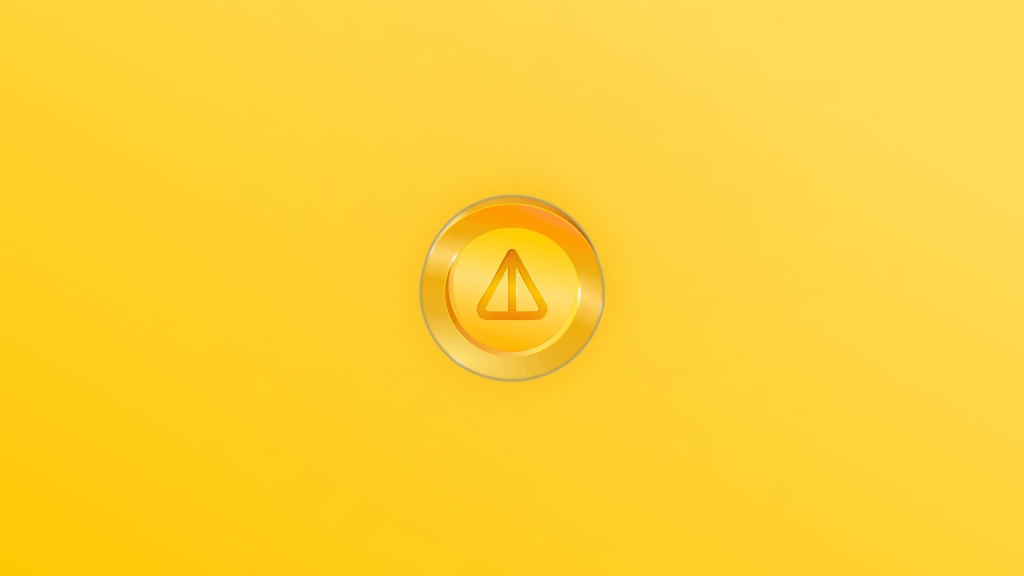Cryptocurrency exchanges are platforms that allow you to buy, sell, and trade digital assets such as Bitcoin, Ethereum, Litecoin, and many others. There are hundreds of crypto exchanges available in the market, each with its own features, fees, security, and reputation. Choosing the right exchange for your needs can be a daunting task, especially if you are new to the crypto space.
In this article, we will compare two of the most popular and well-established crypto exchanges: Binance and Kucoin. We will look at their features, fees, security, customer support, and more to help you decide which one is better for you.
Features
Binance and Kucoin are both feature-rich platforms that offer a variety of services and products to their users. Here are some of the main features of each exchange:
- Binance: Binance is the largest cryptocurrency exchange in the world by trading volume and users. It supports over 350 cryptocurrencies and tokens, including its own native token BNB. Binance offers spot trading, margin trading, futures trading, options trading, leveraged tokens, staking, lending, savings, mining pool, launchpad, launchpool, liquid swap, smart chain, academy, charity, and more. Binance also has a mobile app, a desktop app, a web browser extension, and an API for developers.
- Kucoin: Kucoin is a global cryptocurrency exchange that supports nearly 750 cryptocurrencies and tokens. Kucoin offers spot trading, margin trading, futures trading, staking, lending, pool-x, soft staking, kucloud (white-label exchange solution), kumex (derivatives platform), kusama parachain slot auction (crowdfunding platform), kucoin community chain (decentralized application platform), kucoin win (gaming platform), kucoin play (social media platform), and more. Kucoin also has a mobile app and an API for developers.

Fees
Fees are an important factor to consider when choosing a crypto exchange. Fees can affect your profitability and user experience. Here are some of the fees that Binance and Kucoin charge:
- Trading fees: Trading fees are the fees that you pay when you execute a trade on the exchange. They are usually based on a percentage of the trade amount and vary depending on your trading volume and account level. Binance charges a flat trading fee of 0.1% for both makers and takers. However, you can reduce this fee by using BNB to pay for it or by holding a certain amount of BNB in your account. Kucoin charges a tiered trading fee that ranges from 0.1% to 0.05% for makers and from 0.1% to 0.06% for takers. You can also reduce this fee by using KCS to pay for it or by holding a certain amount of KCS in your account.
- Withdrawal fees: Withdrawal fees are the fees that you pay when you withdraw your funds from the exchange to your external wallet. They are usually based on a fixed amount per cryptocurrency and vary depending on the network congestion and demand. Binance charges different withdrawal fees for different cryptocurrencies. For example, the withdrawal fee for Bitcoin is 0.0005 BTC. Kucoin also charges different withdrawal fees for different cryptocurrencies. For example, the withdrawal fee for Bitcoin is 0.0004 BTC.
- Deposit fees: Deposit fees are the fees that you pay when you deposit your funds to the exchange from your external wallet. They are usually based on a fixed amount per cryptocurrency and vary depending on the network congestion and demand. Binance does not charge any deposit fees for any cryptocurrency. Kucoin also does not charge any deposit fees for any cryptocurrency.
Security
Security is another crucial factor to consider when choosing a crypto exchange. Security refers to how well the exchange protects your funds and data from hackers and other threats. Here are some of the security measures that Binance and Kucoin implement:
- Binance: Binance claims to use the highest standards of security in the industry. It uses multi-layered security systems such as SSL encryption, cold storage wallets (offline wallets), multi-signature wallets (requiring multiple approvals), anti-phishing mechanisms (verifying emails and websites), two-factor authentication (requiring an extra code or device), biometric authentication (requiring fingerprint or face recognition), and more. Binance also has a Secure Asset Fund for Users (SAFU) that acts as an emergency fund in case of a security breach. Binance allocates 10% of its trading fees to the SAFU and uses it to reimburse users in case of a loss. Binance has suffered one major security breach in 2019, when hackers stole 7,000 BTC (worth about $40 million at the time) from its hot wallet (online wallet). However, Binance covered the loss with its SAFU and no user funds were affected.
- Kucoin: Kucoin also claims to use the highest standards of security in the industry. It uses similar security systems as Binance, such as SSL encryption, cold storage wallets, multi-signature wallets, anti-phishing mechanisms, two-factor authentication, biometric authentication, and more. Kucoin also has an insurance fund that acts as an emergency fund in case of a security breach. Kucoin allocates a portion of its trading fees to the insurance fund and uses it to reimburse users in case of a loss. Kucoin has suffered one major security breach in 2020, when hackers stole about $280 million worth of cryptocurrencies from its hot wallet. However, Kucoin recovered most of the stolen funds with the help of other exchanges and law enforcement agencies and no user funds were affected.
Customer Support
Customer support is another important factor to consider when choosing a crypto exchange. Customer support refers to how well the exchange responds to your queries and issues. Here are some of the customer support channels that Binance and Kucoin offer:
- Binance: Binance offers 24/7 customer support via live chat, email, phone, and social media. Binance also has a comprehensive help center that provides FAQs, guides, tutorials, videos, announcements, and more. Binance also has a community forum where users can interact with each other and share their feedback and suggestions.
- Kucoin: Kucoin also offers 24/7 customer support via live chat, email, phone, and social media. Kucoin also has a comprehensive help center that provides FAQs, guides, tutorials, videos, announcements, and more. Kucoin also has a community forum where users can interact with each other and share their feedback and suggestions.
Conclusion
Binance and Kucoin are both reputable and reliable crypto exchanges that offer a wide range of features, services, and products to their users. They have similar fees, security measures, and customer support channels. However, they also have some differences that may appeal to different types of users. Here are some of the pros and cons of each exchange:
- Binance:
- Pros:
- Largest and most popular crypto exchange in the world
- Supports over 350 cryptocurrencies and tokens
- Offers various trading options and products
- Has a native token (BNB) that provides discounts and benefits
- Has a secure asset fund (SAFU) that covers losses in case of a breach
- Cons:
- Might be a bit difficult for beginners
- Faces regulatory challenges in some countries
- Has been hacked once in 2019
- Pros:
- Kucoin:
- Pros:
- Global and user-friendly crypto exchange
- Supports nearly 750 cryptocurrencies and tokens
- Offers various trading options and products
- Has a native token (KCS) that provides discounts and benefits
- Has an insurance fund that covers losses in case of a breach
- Cons:
- Has lower trading volume and liquidity than Binance
- Faces regulatory challenges in some countries
- Has been hacked once in 2020
- Pros:
Ultimately, the choice between Binance and Kucoin depends on your personal preferences and needs. You should always do your own research before using any crypto exchange. You can also use both exchanges if you want to diversify your portfolio and access more opportunities. Happy trading!





